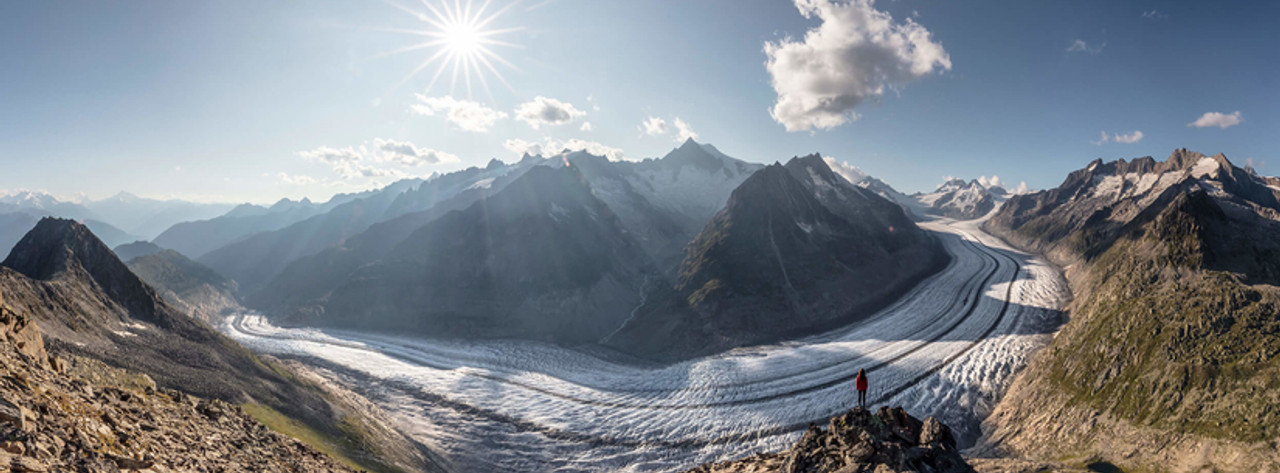Altitude training refers to training at 1800m or more above sea level. At least a week of training is usually necessary to make a noticeable difference. This is how exercise sessions at altitude affect your body: if you do the Aletsch Half-Marathon, for example, you achieve a substantial elevation gain from the start at 1950m up to Bettmerhorn at 2650m. As the air pressure decreases, the blood absorbs less oxygen from the lungs. The body compensates for this by increasing your breathing and heart rate, which leads to enhanced stamina. During training at high altitudes, the red blood cells, which are responsible for transporting oxygen, also increase in number. The result: more oxygen delivered to the muscles, enlarged oxygen store in the muscles, more effective breathing and increased fat metabolism.









